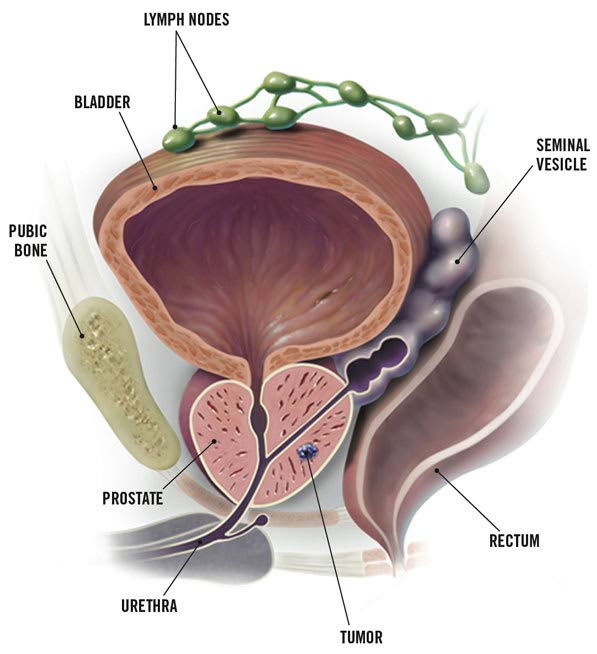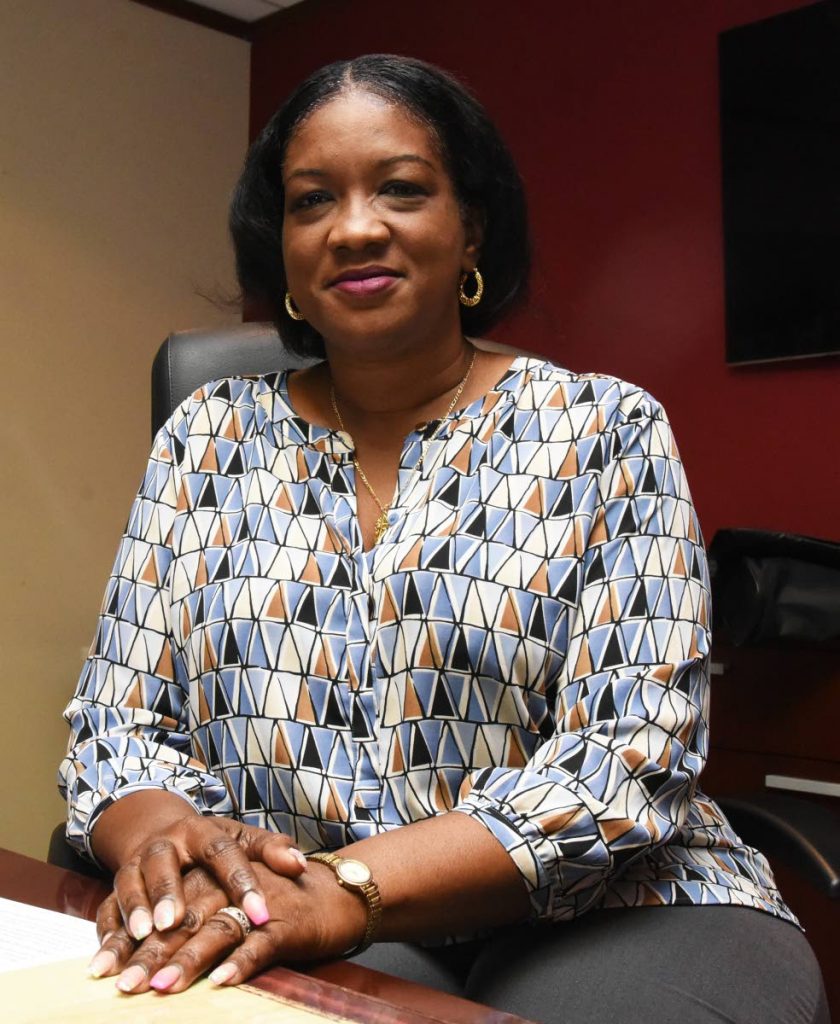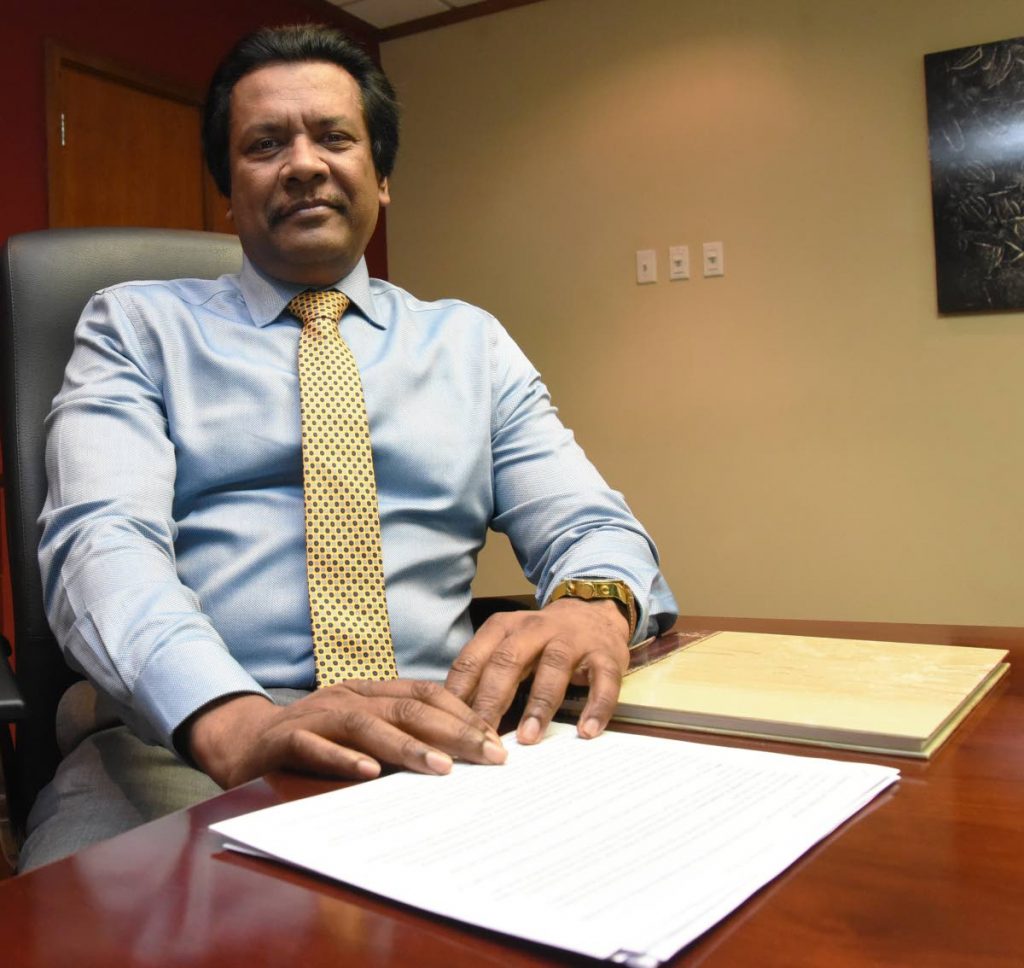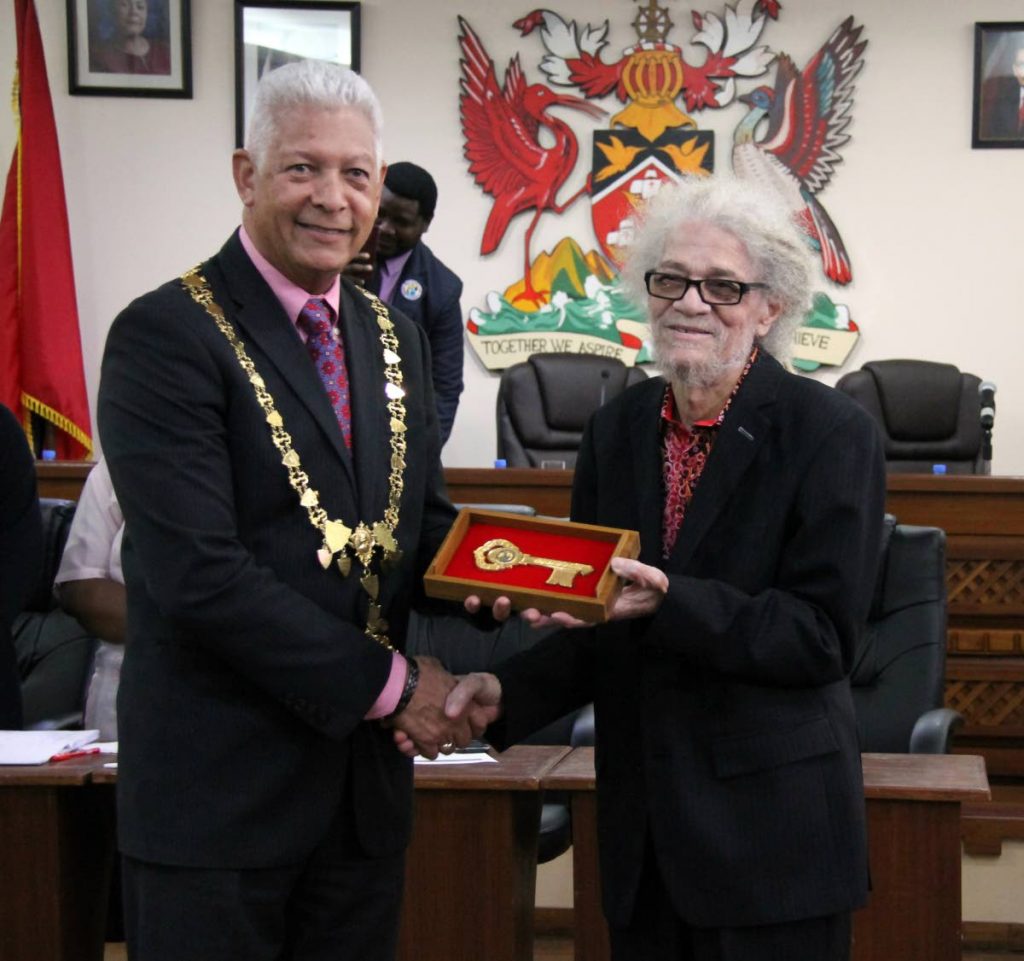Dying in fear

Prostate cancer is a curable disease, but TT men are dying of it because of fear, homophobia and toxic masculinity.
Some do not want to visit a doctor because they want to be “macho” and prefer to take local remedies or over-the-counter medication for what they believe they have, or live with the pain and discomfort. Others refuse to have a digital rectal exam done because they think it’s a “gay” thing or because their friends would tease them about it. Others think having something wrong with their prostate would make them less of a man and so prefer to live in ignorance and believe the pain is caused by gas. Meanwhile, there are those who are just too afraid to find out if there is something wrong with them.
Whatever the case, they wait until the pain is too much or they are too sick before they visit the doctor and take the tests. By that time, though, very little can be done.
“The highest mortality rate for all the cancers in males is prostate. Incidence and mortality rates of prostate cancer in TT are almost equal, because they come to you when water more than flour,” said Sherma Mills-Serrette, clinic manager at the TT Cancer Society (TTCS).

“Any prostate problem doesn’t mean your life. It doesn’t mean an inability for intimacy.
"And that is the misconception that keep men dying, because they figure anything with their reproductive system means intimacy would be wiped out. But the prostate gland has nothing to do with intimacy. It gives sperm mobility and provides the milky substance in semen. You're going to die for that?”
Over the past five years the Cancer Society and the CIBC First Caribbean International Bank have been working together to raise awareness of the issue and provide screening.
CIBC, Cancer Society team up to raise awareness
CIBC First Caribbean Financial Centre managing director Anthony Seeraj told Sunday Newsday the annual Walk for the Cure campaign was adopted from its parent company, CIBC, in Toronto. That walk supported breast cancer and the 16 Caribbean arms implemented their own Walk for the Cure seven years ago. Since then they have raised US$2.2 million to be used in the fight against cancer.
“What we found in TT is that prostate is the leading cause of cancer mortality among men. Since corporate Trinidad was so focused on breast cancer, we thought, ‘What about the males? Are they supposed to die?’ So we decided to adopt prostate cancer in 2014.”
He said last year the regional banks raised US$518,000, and TT raised $140,500, of which $133,000 was donated to the Cancer Society, and the rest to other charities, including the Vitas House Hospice.
With that money the TTCS arranged free prostate screening and diagnosis for two to three weeks. They invite men over the age of 40 to make an appointment to be tested.

“The bank would underwrite the cost from the PSA (prostate-specific antigen) right on to if a biopsy is required. Why let them die because they can not afford it?”
This year the screenings are expected to begin on both islands on tomorrow, for two weeks. Seeraj stressed that the more people who participate in the walk, which usually takes place in September, the more men they can help.
Screening involves a PSA blood test and the DRE (digital rectal exam). Mills-Serrette explained that any PSA level over four is a concern, but does not necessarily mean a person has cancer. The DRE is performed to search for tumours or abnormalities. The next step would be a TRUS (transrectal ultrasonography) and a prostate biopsy.
She said the tests allow them to make a proper diagnosis, as some of the symptoms can also be caused by other medical problems such as prostate enlargement and prostatitis. The Cancer Society staff then explains the results and gives advice as well as referrals based on the patient’s diagnosis, preferences, and resources. All this is done through the Walk for a Cure funding.
Women, take men to get tested
Seeraj added that a lot of women take part in the walk because it is not only a male problem, but a problem for mothers, wives, girlfriends, and children. He encouraged women to persuade their male family members and friends to get tested, or to make an appointment for the men when they make their Pap smear and mammogram appointments so they can go together.
He said when they decided to adopt prostate cancer in 2014, musician Roy Cape was diagnosed and agreed to be their spokesman to promote prostate cancer awareness. Thankfully, he said, after each campaign those who were screened would encourage others to go because they realised it (getting screened) was not a big deal.

Mills-Serrette said Cape was very instrumental in "getting us past the taboo and getting the exams done. Men will do the blood test, but by the time they hear that infamous finger test, you wouldn’t believe the kinds of things we hear as an excuse not to have the test done.”
She said in 2014, 121 men were screened, with 61 being first-timers. In 2018, over 420 men were screened. That year the society also went to Tobago for the first time and 205 men were screened but over 50 had to be turned away.
Many of the men from Tobago said prostate cancer was always a concern, but they did not know where to go for information or to get tested.
“Look at health advertising: do you see anything about prostate cancer out there? I have been in this clinical nursing profession for nearly 30 years and there is nothing concerning men’s health. If it’s not NCDs, talking about hypotension and obesity, it’s childrearing and breast feeding. The next thing you’re looking at is Pap smears and mammograms.
"There is nothing concerning Trinbagonian males. I want to know why. As a health person, you know the men wouldn’t come easily to screening, but you can’t just leave them. That’s not an option.”
She said another problem is that many times the reagent or chemical used in the blood tests is not continuously available in the public health system.
Get screened every year
Symptoms of prostate cancer include frequent urination, especially at night; difficulty starting urination or holding back urine; weak or interrupted urine flow; pain or burning during urination; difficulty having an erection; painful ejaculation; blood in the urine or semen; and frequent pain or stiffness in the lower back, hips, or upper thighs.
However Mills-Serrette stressed that not everyone has symptoms, which is why annual screening is important. She also advised if anything in a man’s body changes, he should visit his doctor.
“You have to take stress into consideration. It can give you anything from a rash to a heart attack, including cancer. So your life changes, stress happens and your protective mechanism, your coping mechanism in the body, crashes. It’s not just about the physical. The psychological changes everything.”
She added that the Cancer Society, at 69 Dundonald Street, Port of Spain, can only test 30 people a day, so it is important to make an appointment. To do so, call 800 TTCS (8827) or 226-1221.


Comments
"Dying in fear"